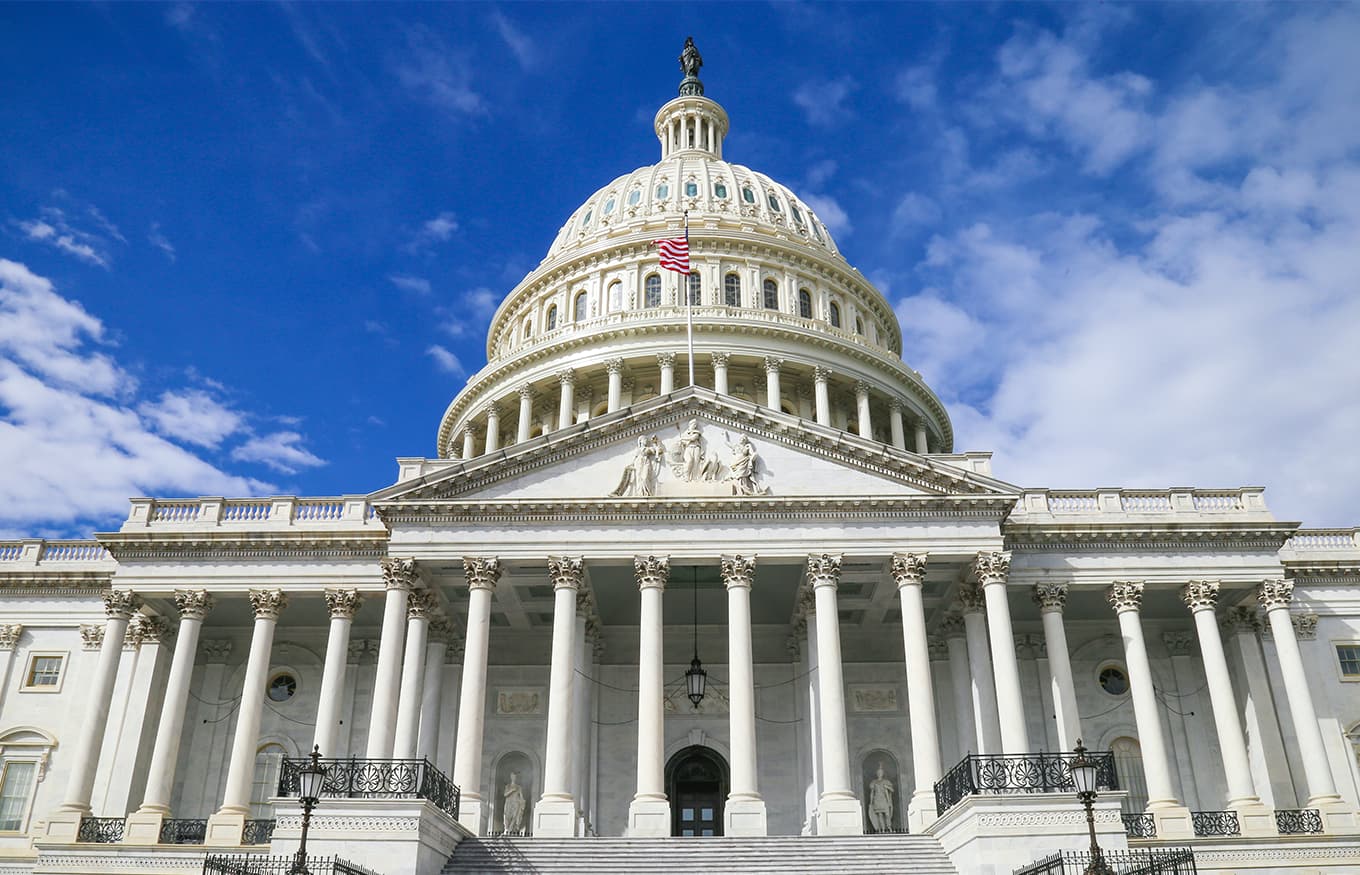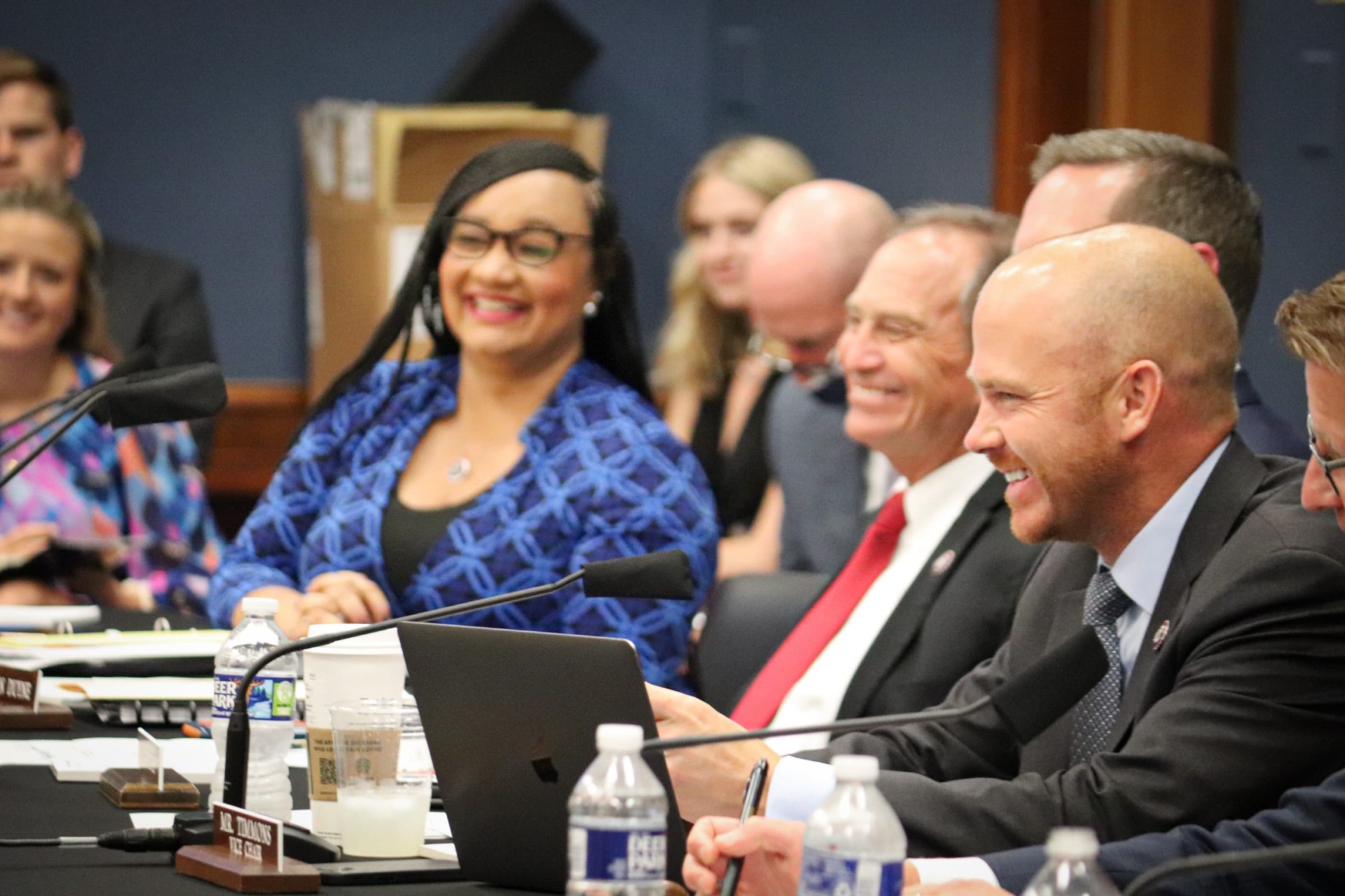Every senator is on Twitter and Facebook, and a few even share content on Instagram. They’re clearly equipped, and willing, to use the internet in support of their official duties as elected officials.
But there is a growing bipartisan consensus, led by Sens. Jon Tester (D-MT) and Thad Cochran (R-MS), that is determined to complete the chamber’s digital toolbox by championing the Senate Campaign Disclosure Parity Act (S. 298). The legislation strengthens timely transparency of campaign contributions by requiring U.S. Senate candidates to file their campaign finance reports electronically with the Federal Election Commission (FEC), rather than via an archaic and cumbersome paper-based (!) report to the Secretary of the Senate. Presidential and House candidates must disclose their donors electronically, why not the Senate?
This legislation has been introduced in every Congress for more than 10 years, garnered bipartisan cosponsors and endorsements from newspaper editorial boards across the country, and yet it has languished. It is beyond time for it to become law.
“It’s hard to say this is a bad bill,” Tester recently said. “It saves money and adds disclosure, so what could be bad about that?”
He’s right — saving the taxpayers an estimated $500,000 a year should be a boon any senator can get behind. Besides, the Senate’s current use of paper filings delays disclosure of their donors until months after the fact — voters often don’t know who’s behind a last-minute campaign contribution until long after Election Day. Further, voters across the political spectrum agree that increasing transparency of political influence is important, and such transparency is also a key component of the “Returning Government to the American People” policy framework generated by a bipartisan working group of Issue One’s ReFormers Caucus, the largest coalition of former elected officials ever assembled on behalf of government ethics and political reform.
Currently, the bipartisan bill is supported by 41 senators — 32 Democrats, 7 Republicans and 2 independents — including Sens. Steve Daines (R-MT), Rob Portman (R-OH), Roger Wicker (R-MS), Lisa Murkowski (R-AK), Susan Collins (R-ME) and Chuck Grassley (R-IA).
In that light, Issue One urges the rest of the Senate to also cosponsor and adopt this long-needed reform.





